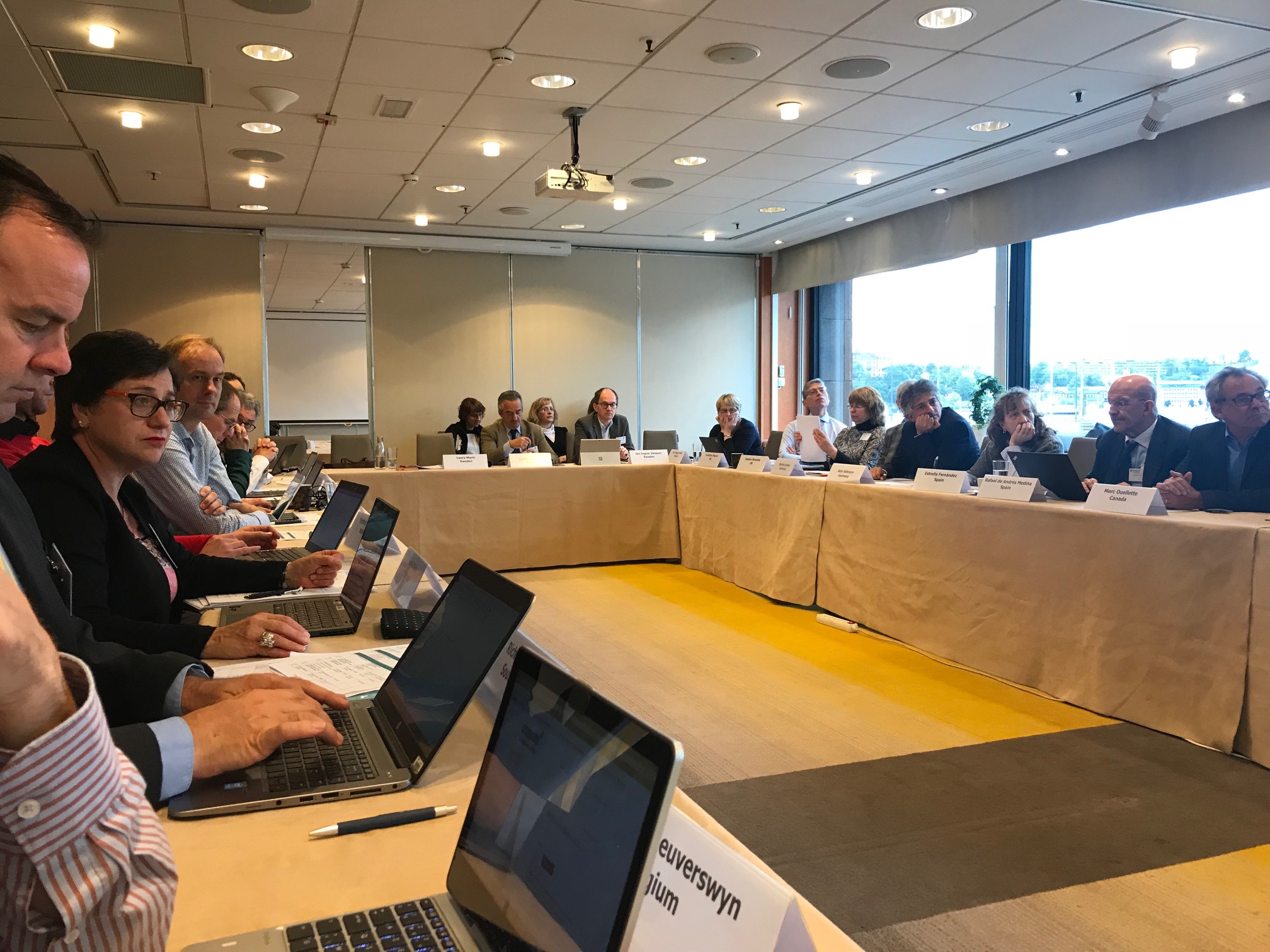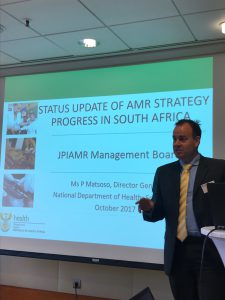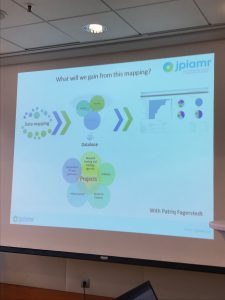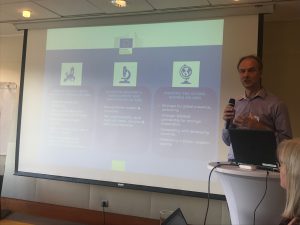Antimicrobial resistance (AMR) has become one of the major global health and development challenges of the 21st century. The threat of AMR is particularly high in resource-limited and high-risk settings. This is linked to weak human and animal health systems; diverse means of food production, processing and consumption; food safety and food security; water, hygiene and sanitation challenges; and the global movement of people and goods.
In response to these challenges, the JPIAMR will launch a joint transnational call for proposals for innovative research projects on new or improved diagnostics and surveillance strategies, tools, technologies and methods. These research projects should address diagnosis of AMR infections in clinical and veterinary settings, or the emergence, surveillance, and/or detection of AMR in humans, animals and the environment. This Call will support research projects that also have the potential for impact in areas where the risk and burden of AMR is greatest, e.g. in LMIC settings in Asia and Africa. Projects are encouraged to use a One Health approach where relevant. The projected call budget is approx. 20 million Euro.
Scope of the call
Projects should aim to either:
- Develop strategies, tools, technologies, and methods for the detection, monitoring, profiling and/or surveillance of antimicrobial resistance and dynamics leading to resistance.
- Study ways to facilitate and implement the uptake and use of existing strategies, tools, technologies, and/or methods for the detection, monitoring, profiling and surveillance of antimicrobial resistance and dynamics leading to resistance.
Eligibility
List of participating countries is provisional.
Consortia of eligible scientists from participating JPIAMR member countries and eligible countries in Africa and Asia may apply to this call. Full eligibility criteria will be included in the Call launch. Participating JPIAMR member countries include Canada, Czech Republic, Finland, France, Germany, Israel, Italy, Latvia, Norway, Poland, Romania, Spain and Sweden. Consortia must include a minimum of three and a maximum of six project partners from at least three eligible countries.
The Netherlands has the intention of joining the call but no funding is guaranteed yet. Updates on the progress will be shared.
Expected timeline
- November 2018 – Pre-announcement of the call
- December 2018 – Publication of the call
- February 2019 – Submission deadline for pre-proposal
- April 2019 – Full proposal invitations sent to project coordinators
- June 2019 – Submission deadline for full proposals
- October/November – Final funding decision announced
- December 2019/ Early 2020 – Project start
Download as pdf




